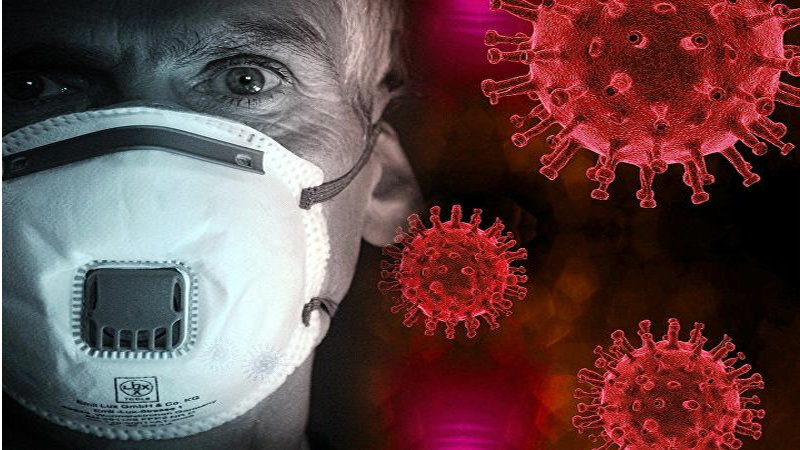
Experts say the emergence of a new variant doesn’t necessarily spell imminent doom. “There’s still a lot that the T cells can recognize, Ray said. T cells and other so-called lymphocytes can attack foreign bodies, including a virus it encounters. If those changes are significant enough to prevent antibodies from recognizing C.1.2, it may be easier for it to slip past the immune system.īut antibodies aren’t the be-all and end-all of the body’s immune response, he said. If antibodies are created in response to an infection, they are tailored to the particular spike protein used by the invading virus.Įither way, changes to the spike protein “are worrisome because they can have an impact on antibodies and other immune responses that can interfere with the virus getting into cells,” Ray said. It’s also the protein that mRNA vaccines teach the body’s immune system to recognize so they’ll be prepared for an attack. Are vaccines, or the antibodies from a previous infection, less effective against C.1.2?Ī number of C.1.2’s mutations affect the virus’ spike protein, which is what it uses to “unlock” target cells. With the ability to replicate freely for a long period of time in one person’s body, those rare beneficial mutations can really start to add up. Science & Medicine Dangerous new coronavirus strains may incubate in COVID-19’s sickestĬOVID-19 patients who take months to overcome their coronavirus infections despite treatment can become incubators of dangerous new strains.įor their part, the report authors say that C.1.2’s high number of mutations might be the result of “a period of accelerated evolution in a single individual with prolonged viral infection” that lasted far longer than the more typical two-week run. When that happens “it might evolve more rapidly for a little while,” he said. “When an organism gains a new niche … it has new challenges to face,” Ray said. A few may confer some kind of an advantage by helping a virus adapt when facing particular environmental pressures or presented with new opportunities to spread.

Most mutations don’t actually benefit the virus. It can take place anytime a virus replicates in an infected host’s body - and viruses replicate a lot. Mutations are necessary for evolution to take place, but they do not guarantee it. Ray was quick to draw a distinction between rate of mutations and rate of evolution. The report authors said this higher rate of evolution seemed to parallel the early rise of other influential variants, including Alpha, Beta and Gamma. “It is striking because it carries so many changes that are worrisome, and it’s also got this characteristic that it appears to have evolved rapidly,” Ray said. The authors of the MedRXiv report suggest that C.1.2’s rate of evolution is about 1.7 times as fast as the current global rate for the coronavirus in general. The variant seems to have racked up a large number of mutations in a short period of time. Why are people saying it’s “highly mutated”? Other mutations are linked to reduced effectiveness of antibodies, whether they’re generated in response to a COVID-19 vaccine or a prior coronavirus infection.


Many of the shared mutations, such as one called N501Y, are linked to an improved ability to bind with the ACE2 receptor on the outside of a cell the virus targets this receptor in order to “unlock” cells and gain entry. “It has some mutations that could be called ‘mutations of interest’ because they are the kinds of mutations that make a variant become a variant of interest,” he said.

Scientists have been conducting genomic surveillance on samples from routine coronavirus tests conducted in public and private labs in South Africa - and in C.1.2 they’ve found a collection of worrisome mutations that, in other variants of concern and variants of interest, are thought to help the virus infect cells or evade the body’s defenses.Īnd that’s not all: There are also “some extra mutations that could have importance” to how successful the virus ends up being, Lorenzo-Redondo said. The ones known as Eta, Iota, Kappa, Lambda and Mu are all categorized as variants of interest. What exactly makes it so good at spreading? Science & Medicine What is it about the Delta variant that makes it spread so easily?īy now, we all know that the Delta variant is about twice as transmissible as the original coronavirus.


 0 kommentar(er)
0 kommentar(er)
